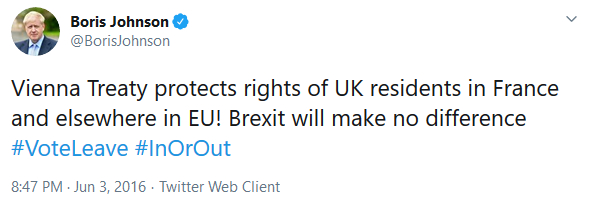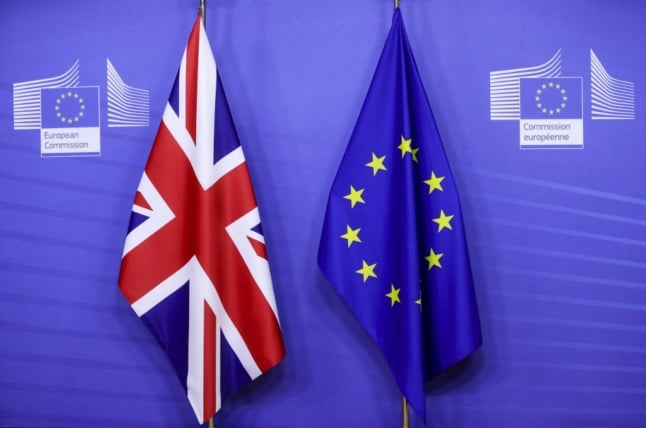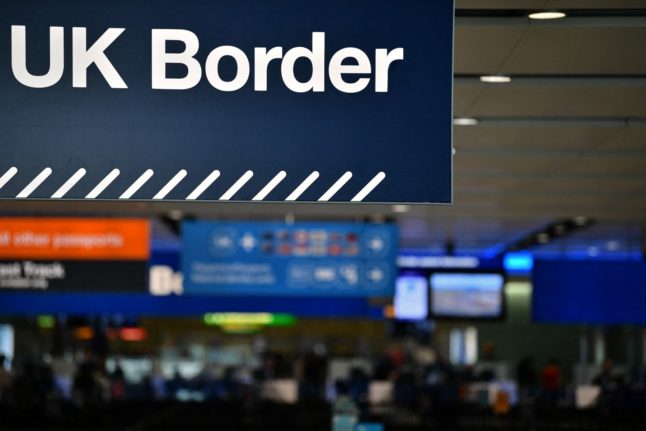PLEASE NOTE – this deadline has been extended, click here to find the latest on the deadline.
Any Britons who were living in France before December 31st 2020 are being urged not to miss the deadline to apply for residency, which is now less than one month away.
Under the Brexit Withdrawal agreement, Brits who were already resident in France before the end of the transition period have the right to continue living here – BUT they need to apply for the residency permit known as a carte de séjour.
Application is compulsory for everyone – including people who have been in France for a long time, people married to French or EU nationals and people who previously held a European carte de séjour.
The only category exempt from the registration requirement is Brits who have dual nationality with an EU country.
Everyone else must apply for a new carte de séjour residency permit and the deadline to make the application is fast approaching – June 30th, 2021.
From October 1st, 2021 it will be compulsory for all Brits living in France to have either a carte de séjour under the Withdrawal Agreement or – for arrivals in 2021 – a visa.
The process for applying for a carte de séjour has been made as simple and straightforward as possible by French authorities, with a special website (in French or English) for Brits to apply online – you can find out how it works HERE.
Anyone who does not get their application in by June 30th will be living in France illegally, meaning they will not be able to legally work or access health or social care.
Kalba Meadows from citizens’ rights group France Rights said: “With just 30 days to go now before the deadline, I can’t stress enough how important it is to make sure that you apply for your residence permit before July 1st.
“Every UK citizen who was resident before January 1st, 2021 must do this, however long you’ve lived in France and even if you hold a card issued to you as an EU citizen.
“If you miss this deadline without ‘reasonable grounds’ you’re at risk of losing your right to live in France altogether – you could effectively become a sans papier or undocumented migrant with all that that entails.
“If you’ve already applied, please help others you know or know of – especially those who might be vulnerable – by making sure they’ve applied too. It’s a straightforward process – you’ll find lots of help plus screenshots of the application form on the France Rights website.”
A recent report by the campaign group British in Europe shows that of the estimated 148,000 Britons living in France, only 122,000 have applied for residency and of those 73,000 have received their card.
France is one of the few EU countries that does not require EU nationals to apply for residency after a certain time, so until now Brits have not had to complete any immigration formalities to live here.
However, with the end of the Brexit transition period that era is over, and living in France now requires the same sort of paperwork that was always the rule for non-EU nationals like Americans, Canadians or Australians.
What Brits in France should definitely not do is follow the advice in the below 2016 tweet by a certain Mr B Johnson, since it is total bollocks.

You can find more help on the rules and the process in our Dealing with Brexit section and if you’re struggling with the paperwork, there are people and organisations that can help you for free – full list HERE.



 Please whitelist us to continue reading.
Please whitelist us to continue reading.
Member comments